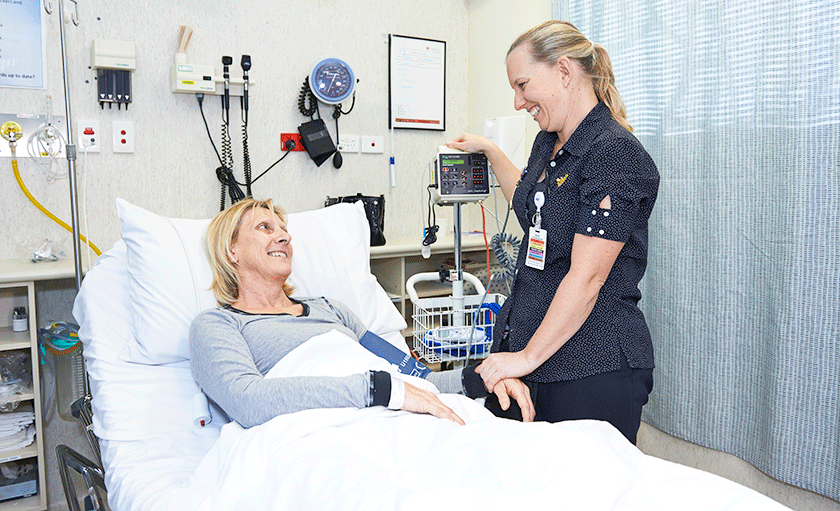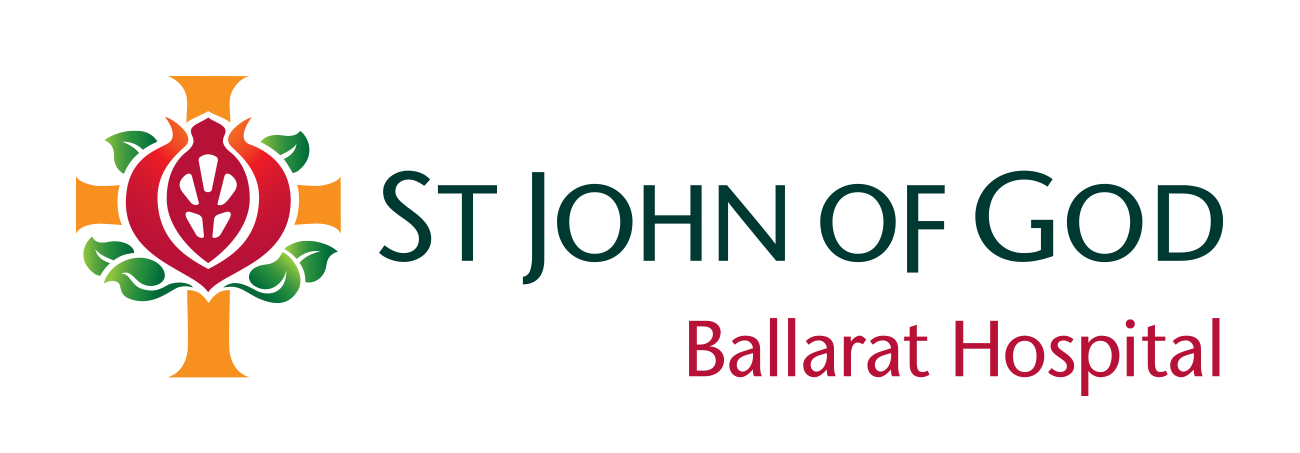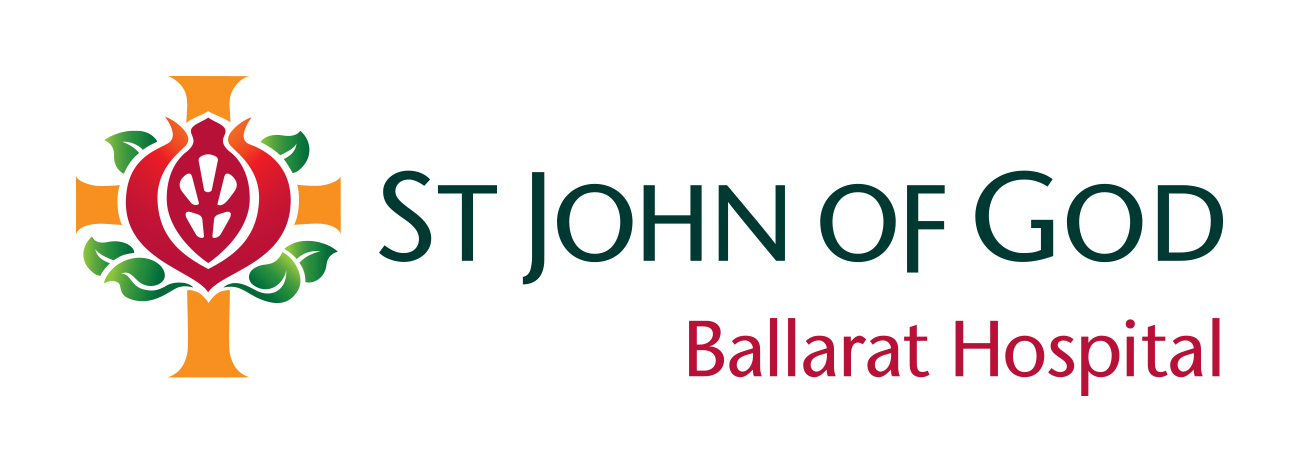- For patients and visitors
- What to expect
- Overnight patients
Overnight patients
If your surgery or procedure requires you to stay overnight, you will be admitted to the hospital via our admissions process.

In general, you will be admitted on the day of your surgery or procedure. Your doctor will provide specific instructions for you to follow before attending hospital.
You may also have a pre-admission appointment in the lead up to your planned surgery or procedure.
Your doctor should discuss any specific care, equipment or medications you will require after your surgery or procedure.
After having a general or local anaesthetic or sedation you should not drive a motor vehicle or operate any machinery for a minimum of 24 hours after your surgery or procedure. Therefore, you will need to organise for someone to take you home from hospital.
What to bring
- Your Medicare card and concession cards such as the Safety Net Card and Department of Veterans’ Affairs Card
- Your health fund details
- Name and address of your General Practitioner
- Emergency contact details of your next of kin
- Any X-rays or scans related to your condition
- Any current medications you are taking, including natural remedies and supplements in their original packets
- A list of allergies to food, medications, latex, dyes and dressings
- Details of your employer and the date, time and place of accident if your surgery or procedure is covered by Workers’ Compensation or the Motor Vehicle Injury Trust
- Pyjamas or nightgowns, dressing gown and slippers (non-slip sole)
- Personal toiletries
- A small amount of money for items such as newspapers and magazines
- Bring your personal items in a small bag that can fit into the limited storage space provided in patient rooms.
What not to bring
Please do not bring jewellery, valuables or excess cash to hospital. We do not accept responsibility for loss or damage of personal property.
What to expect
When you arrive at hospital, our caregivers will ensure all necessary admission requirements are complete. You will also be asked for your consent for the surgery or procedure.
You may need to wait in a patient lounge, on a bed in a pre-surgery area or in your room before having your surgery or procedure. We do everything possible to minimise your waiting times and keep you informed about any unforeseen delays.
You will be given a patient identification band to wear once you are admitted. Our caregivers will confirm your identification before providing medication, treatment or a procedure. Please do not be alarmed, this process is designed to ensure your safety while in hospital.
After your surgery or procedure, nurses will monitor your recovery and perform regular observations such as blood pressure, oxygen levels and temperature in a recovery room. You will also receive care from a range of medical, nursing, allied health and administrative caregivers.
Your room
Your room is equipped with your comfort in mind to aid your recovery.
Importantly, call bells are located in each room and in bathrooms to alert nursing caregivers when you need assistance.
We have a mixture of single and shared rooms at our facilities. While we make every effort to provide your room preference, single rooms cannot be guaranteed and are allocated based on clinical need.
Your meals
Eating well after an illness or surgery is important to assist your recovery. We offer a wide choice of menu items during your stay which are designed by our hospital chefs and dietitians to ensure you receive nutritious, tasty meals tailored for your clinical requirements.
Keeping loved ones informed
To ensure our nursing caregivers can dedicate their time to looking after you, we ask you to nominate one support person to act as the main hospital contact. This person can relay information about your progress to family and friends.
Pastoral care
Our pastoral care practitioners are an integral part of our model of holistic care. They offer emotional and spiritual support and comfort to you and your loved ones at a time when you may feel more vulnerable than normal.
Pastoral care services are available to patients and their families of all beliefs and cultures.
Going home checklist
- Organise for someone to take you home; you should not drive for a minimum of 24 hours after an anaesthetic
- Collect all medications, X-rays and scans
- Collect any follow up information
- Pack and check room for personal items
- Settle your account.

